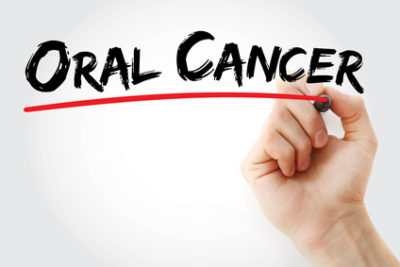 Everything You Need to Know About Oral Cancer
Everything You Need to Know About Oral Cancer
Oral cancer is not as uncommon as many people think. According to the recent data published by the World Health Organization, close to 6,57,000 people are diagnosed with this lethal disease every year. Early diagnosis is key to successful treatment. This article covers everything there is to know about oral cancer, including risk factors, diagnosis, and treatment options. Let us start by establishing the basics first.
What Is Oral Cancer?
Oral cancer is a condition caused by unruly growth of cells around the lips, tongue, cheeks, sinuses, throat, hard and soft palate, and the floor of the mouth.
What Are Some of the Risk Factors?
Various studies have been conducted to discover and study the various risk factors for oral cancer. Other than genetic disposition, alcohol abuse and tobacco consumption are the two factors that significantly increase a person’s risk of developing oral cancer. A study revealed that people indulging in alcohol abuse are three to nine times more likely to develop oral cancer than non-drinkers. Similarly, people who consume tobacco in any form are about four times more likely to develop oral cancer than a person who stays away from tobacco use.
Other than genetic disposition and alcohol and tobacco consumption, several studies have also linked oral cancer with long-term exposure to the sun and sexually transmitted infections, such as HPV, Syphillis, herpes, and gonorrhea.
Symptoms and Diagnosis
Common symptoms of oral cancer include prolonged tongue pain and sore throat, experiencing difficulty while swallowing or chewing, bleeding sores, jaw stiffness or continued pain in the jaw, and lumps and skin growths around the mouth. If you experience any of these symptoms, see a doctor. They will do a physical inspection and if they see signs of concern, they will perform imaging techniques, such as Magnetic Resonance Imaging (MRI), to clear the uncertainty.
The Food and Drug Administration has also cleared the use of tools and techniques, such as light reflections, fluorescence, tolonium chloride, and brush biopsy, for oral cancer detection. However, biopsy continues to be the most effective way to detect oral cancer and its correct stage.
How Is Oral Cancer Treated?
The correct treatment for oral cancer depends on the stage of the condition. In general, either chemotherapy or radiation therapy or a combination of the two is used to treat oral cancer patients. In some cases, surgery may also be required. Whatever the treatment plan may be, oral cancer treatment requires dentists, surgeons, oncologists, and dental hygienists to work in close coordination with
The Final Word
If detected late, oral cancer can prove to be lethal. Thus, dentists around the world advise their patients to maintain proper oral hygiene and protect their teeth from decay and gum infections. Individuals aged 40 and above are advised to go for a routine dental check-up at least once every year. On the other hand, individuals aged between 20 and 29 are advised to see their dentist at least once every three years. Seeing your dentist regularly will allow for early detection of oral cancer and therefore, better treatment towards full recovery.
For more information regarding Oral Cancer, please give Dr. Apsey of Smile Brightly Dental a call today! We are located in Warren, MI and we can be reached at 586-573-7700!
